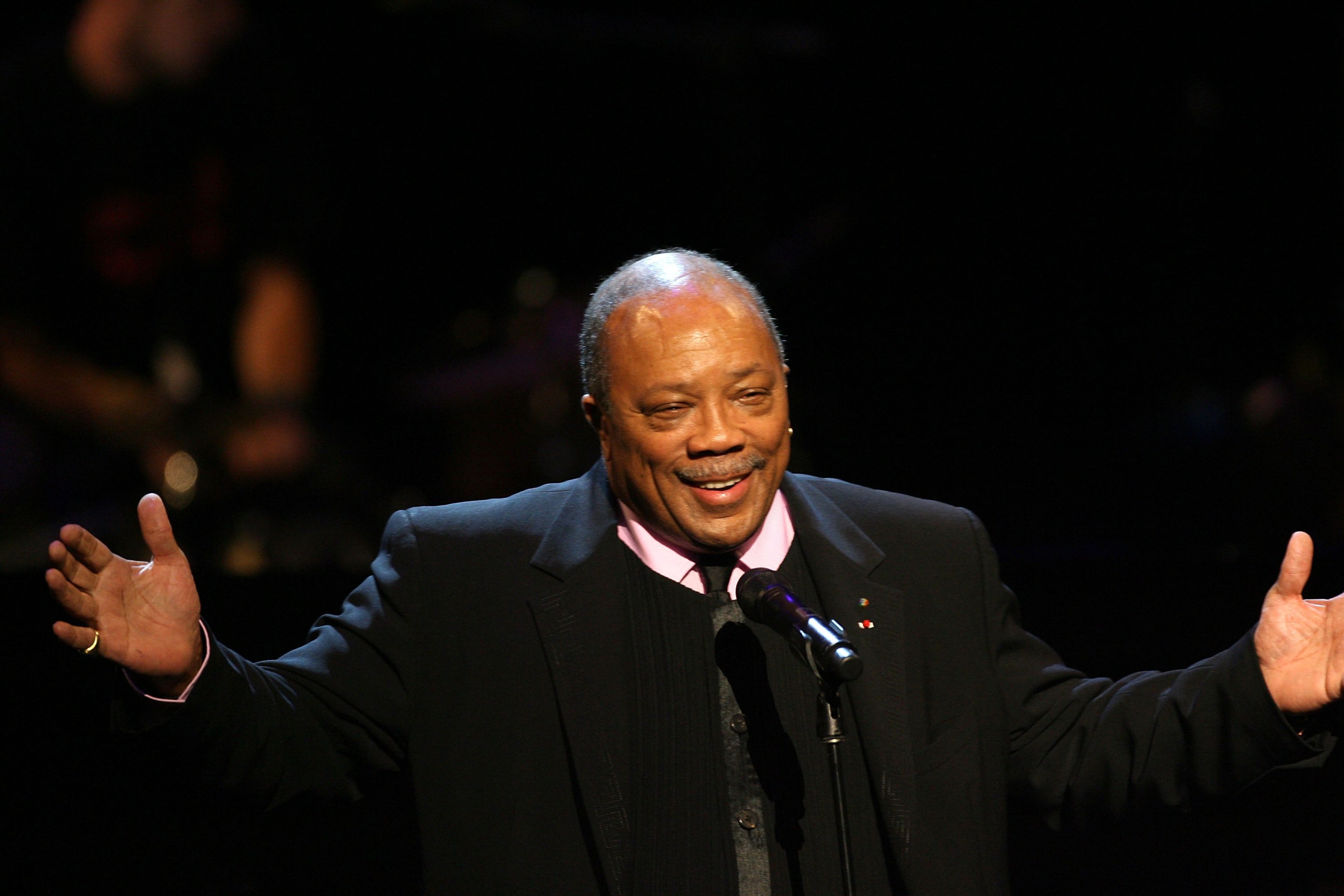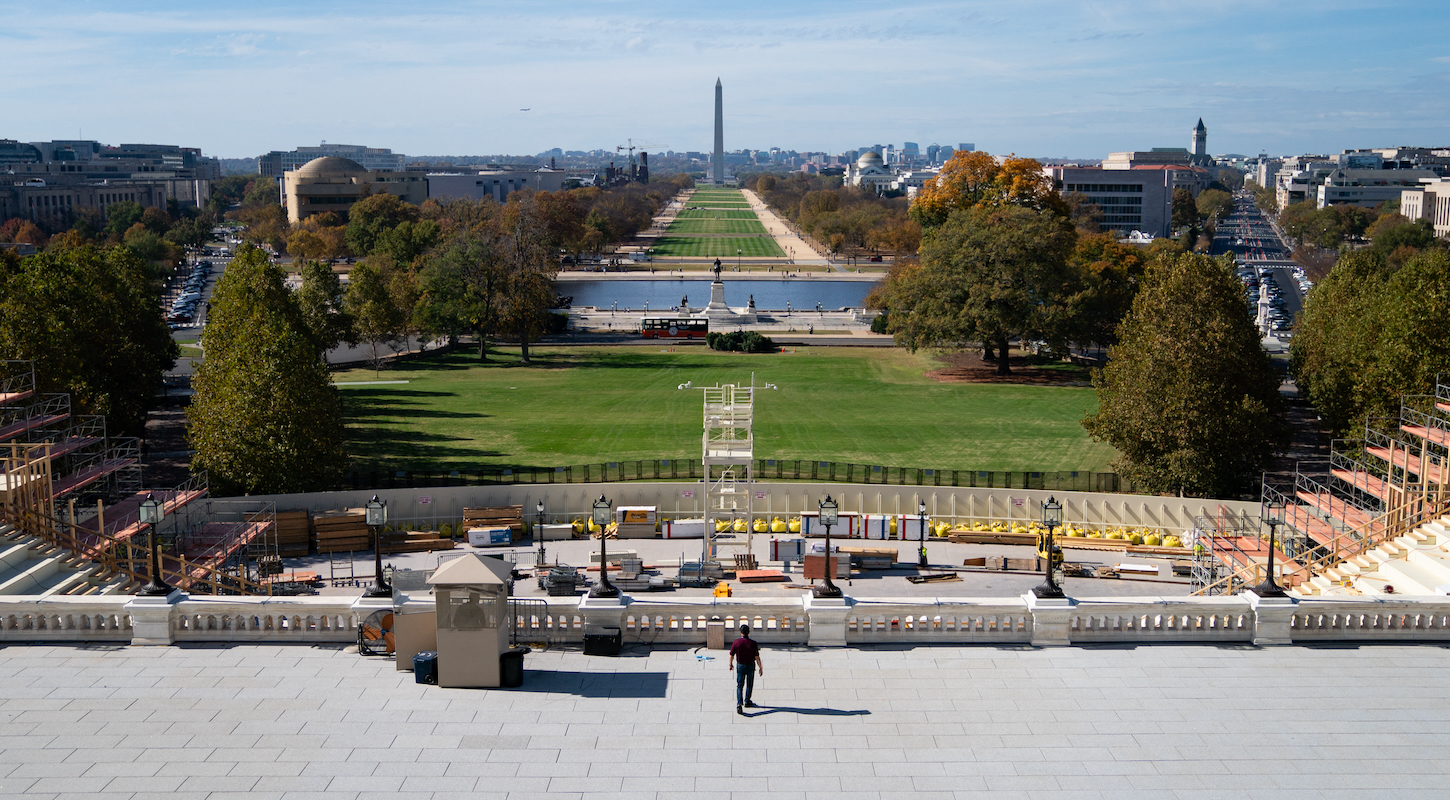On Tuesday, the NBA announced that recently eliminated Warriors megastar Steph Curry has been named the league's 2022–23 Kareem Abdul-Jabbar Social Justice Champion. The press release lauds Curry for the many impressive "ventures across the consumer, entertainment and non-profit spaces" he has participated in and funded, spanning his voter registration efforts, the millions he donated to the Howard University golf program, the basketball and golf tournaments hosted by and the scholarships given out through his lifestyle brand UNDERRATED, and the Oakland schoolchildren who were furnished with books and meals through he and his wife Ayesha's Eat. Learn. Play. Foundation.
All these efforts surely advance "Abdul-Jabbar’s life mission to engage, empower and drive equality for individuals and groups who have been historically marginalized or systemically disadvantaged," the stated criteria for the award. But there are a few glaring omissions here in Steph Curry's body of off-court work that clash with said mission and raise some uncomfortable questions about what the NBA really means by "social justice."
Take, for example, the Curry family's anti-housing advocacy in the tony Bay Area enclave of Atherton. After the city government announced plans to comply with California housing law and construct 16 townhouses on a 1.5-acre piece of land in Atherton—plans that were vociferously opposed by ovoid-domed billionaire Marc Andreessen—Curry wrote in to the city voicing "major concerns in terms of both privacy and safety." Barring the cessation of the construction, which, again, was mandated by state law, the Curry family asked for "considerably taller fencing and landscaping." Atherton is as exclusive and anti-public as it gets in the Bay Area—the cheapest listing currently on Zillow is for $3 million, and the city doesn't even have sidewalks—and as housing is the most operative political issue in California in 2023, going fortress mode and vocally staking out the anti-poor side of things feels the opposite of empowering and driving equity.
There were some especially relevant bits in Francesca Mari's essential feature on social housing in Vienna and the shameful failure of public housing in the United States about the effects of a social system where home ownership is the only viable way to consolidate one's class position and insulate oneself from worsening exploitation. One is that the gap between owners and renters will necessarily increase as the ability to own property becomes more exclusive and rent becomes an increasingly large burden on non-owner incomes; another is that, consciously or not, home owners tend to vote and exercise political will in such a way that preserves their asset value above all. Are homeowners acting to extend the ladder downward to make housing more equitable, or are they yanking it up to protect their positions? Curry is not in the middle-class strata that Mari was explicitly writing about, but he has picked a side here.
Maybe you didn't read the Mari story when it dropped yesterday, but perhaps you watched Curry briefly join the TNT broadcast of Celtics-Heat, where Shaquille O'Neal joked about Curry "getting me in trouble." He's referring to the FTX class action lawsuit, which alleges that Curry, Shaq, and other celebrities endorsed a scheme "designed to take advantage of unsophisticated investors" that essentially funneled people into what the plaintiffs call a Ponzi scheme. Curry was one of the most prominent endorsers of the now-disgraced crypto exchange, appearing in several commercials (like the one screenshotted for the lead image of this blog, in which he carves an ice sculpture of a Bored Ape, another company that Curry endorsed and that got him into legal trouble) and he also introduced FTX executives to Warriors brass, who soon signed their own partnership.
As toothless as the SEC has been in regulating these unlicensed securities/casinos, prominent people have gotten in real trouble over this because they played a role in a bunch of normal people losing real money. (And it should be mentioned that black Americans were disproportionally left holding the bag in the crypto crash.) Curry's work as a crypto-huckster and his unabashed NIMBYism doesn't taint the admirable stuff he's done, but if we were to triangulate all of it with Curry winning a social justice award, what emerges is an NBA-endorsed vision of social justice where economic justice is glaringly absent. Given the NBA's priorities as a multibillion-dollar business, maybe he's a worthy award winner after all.





